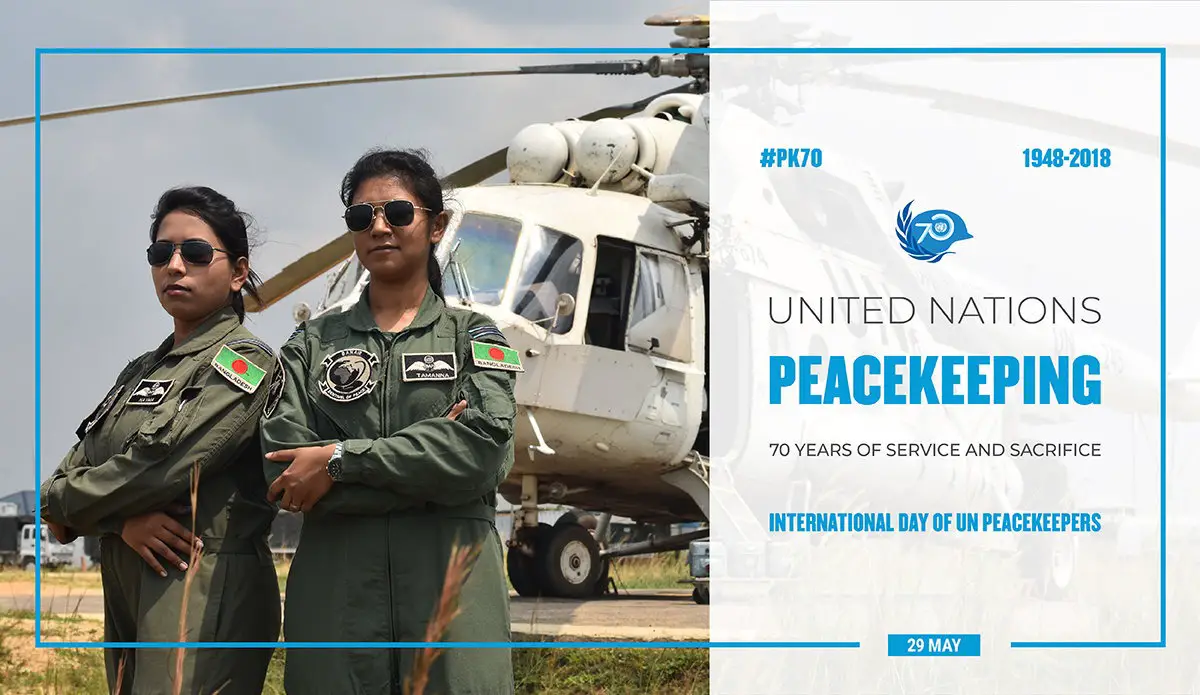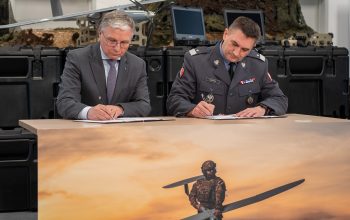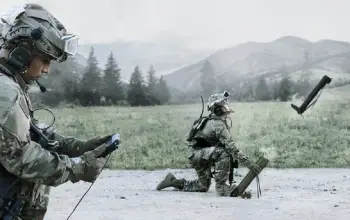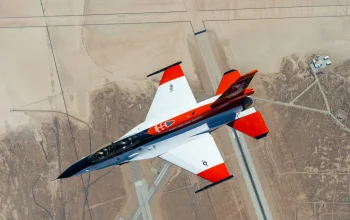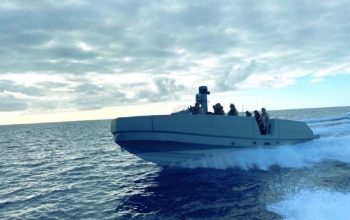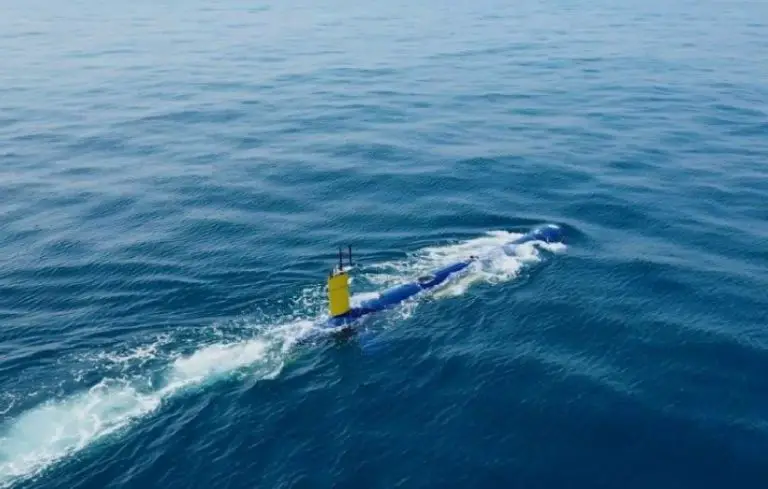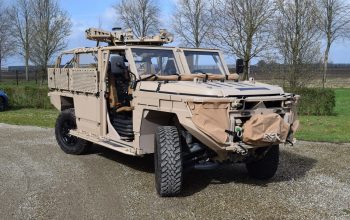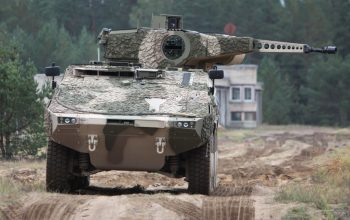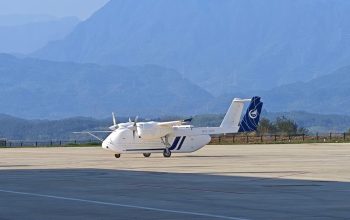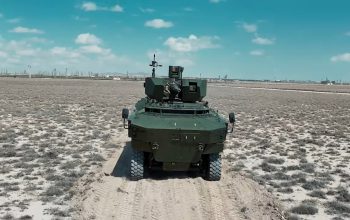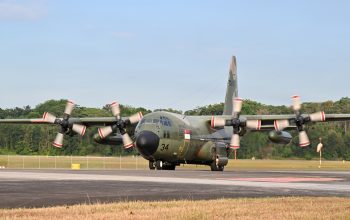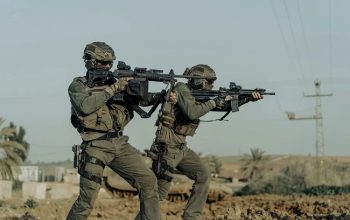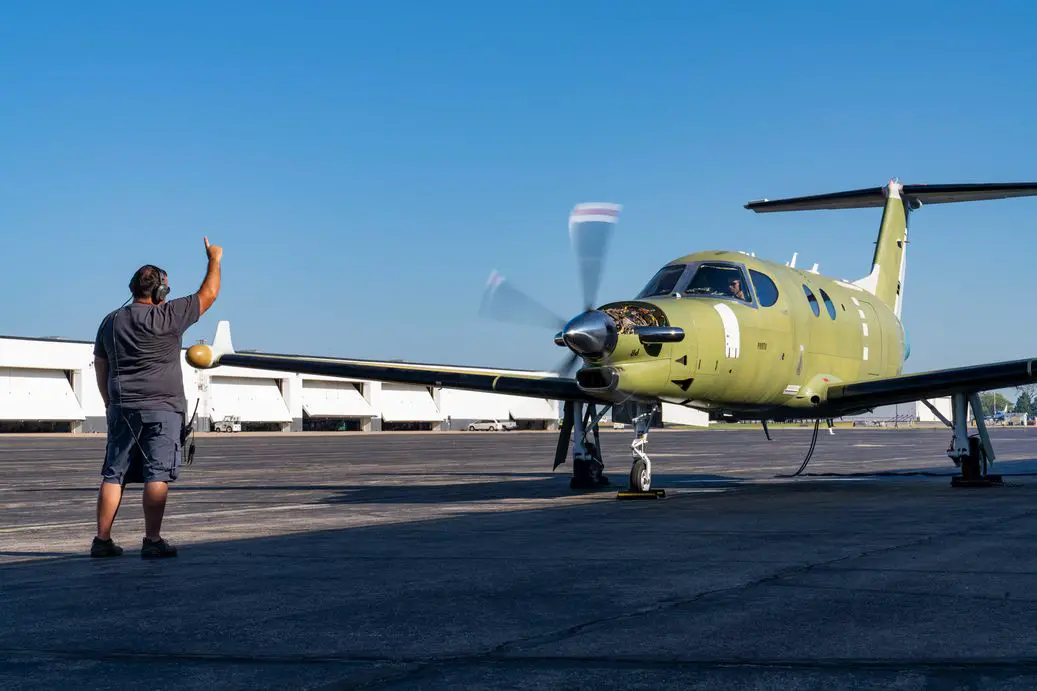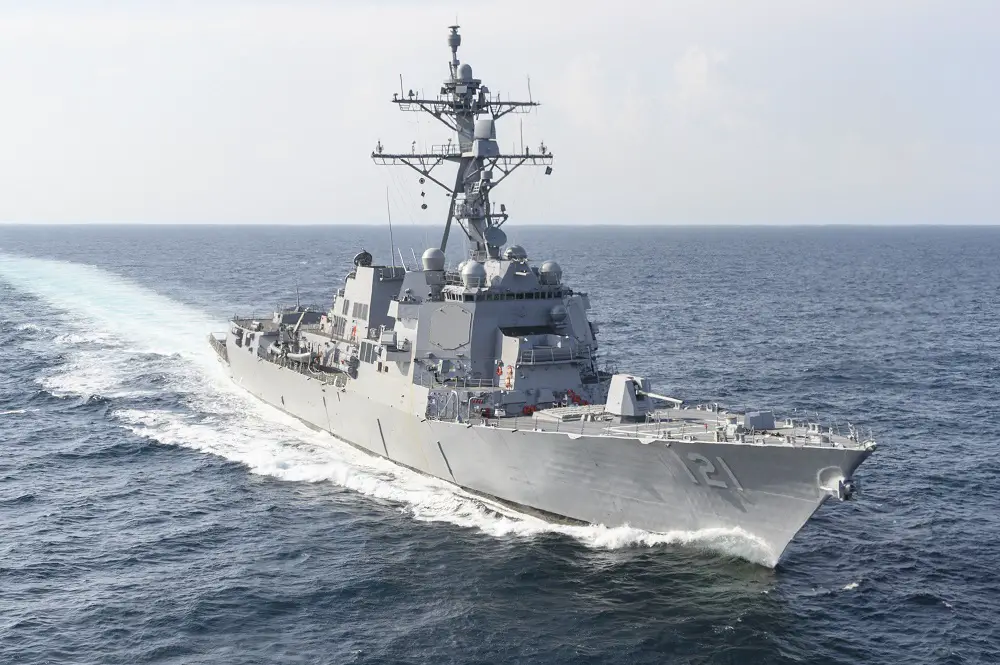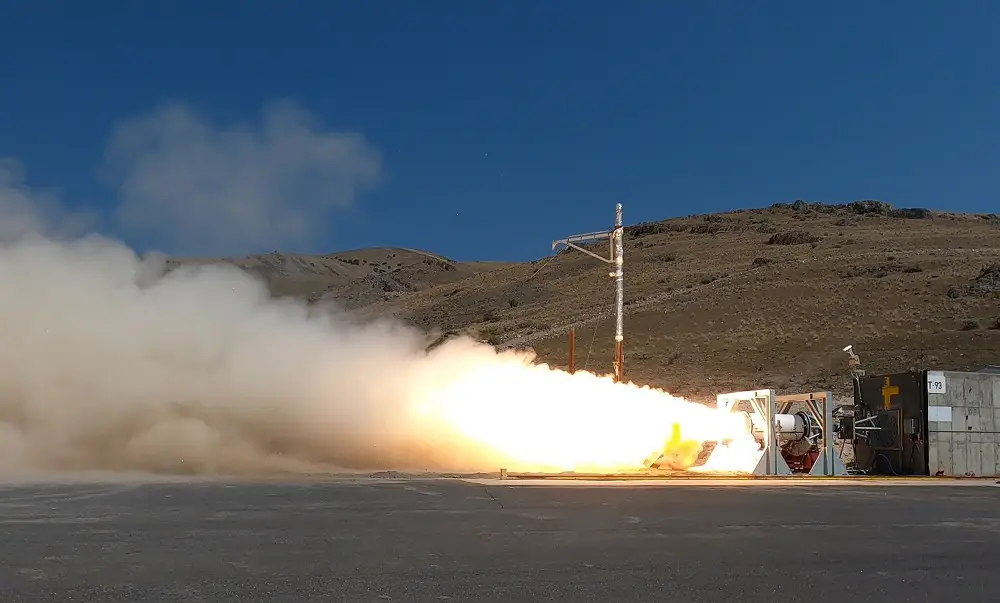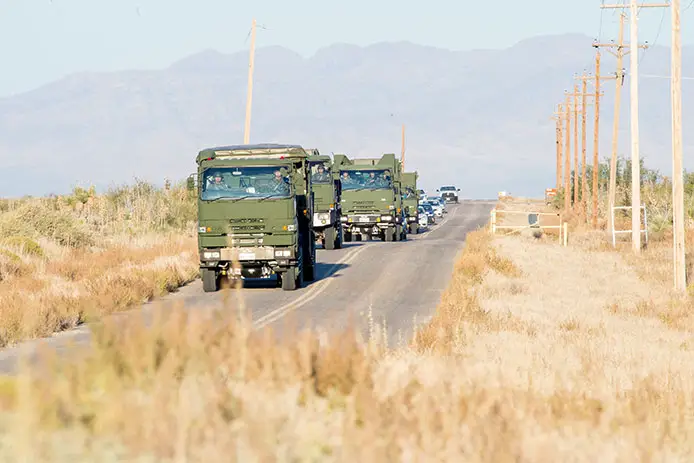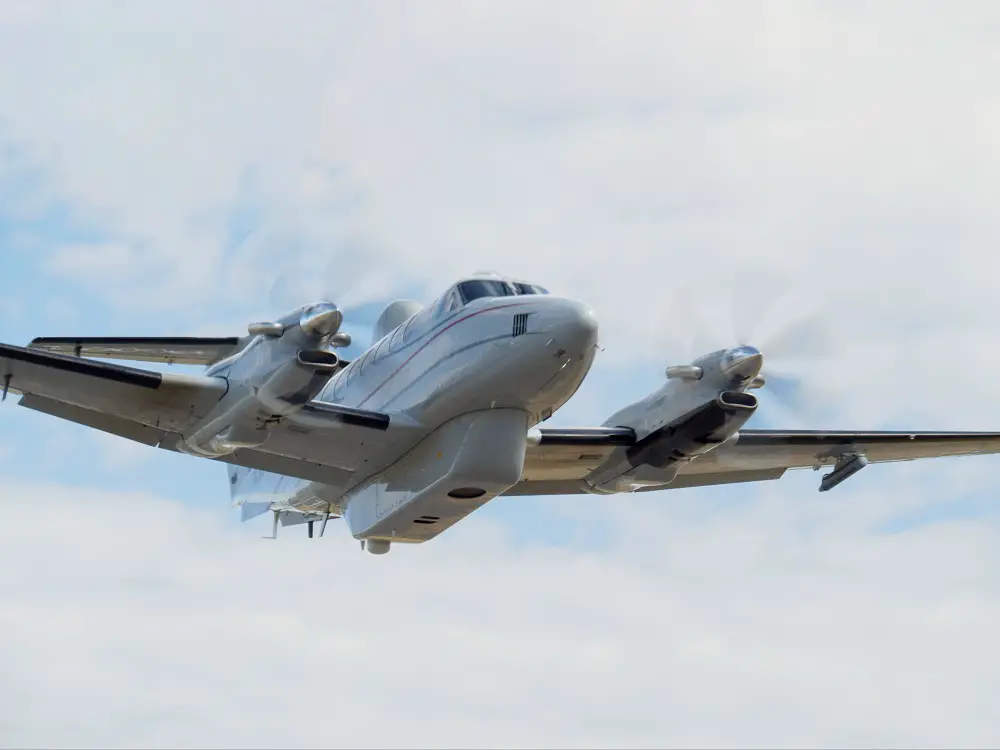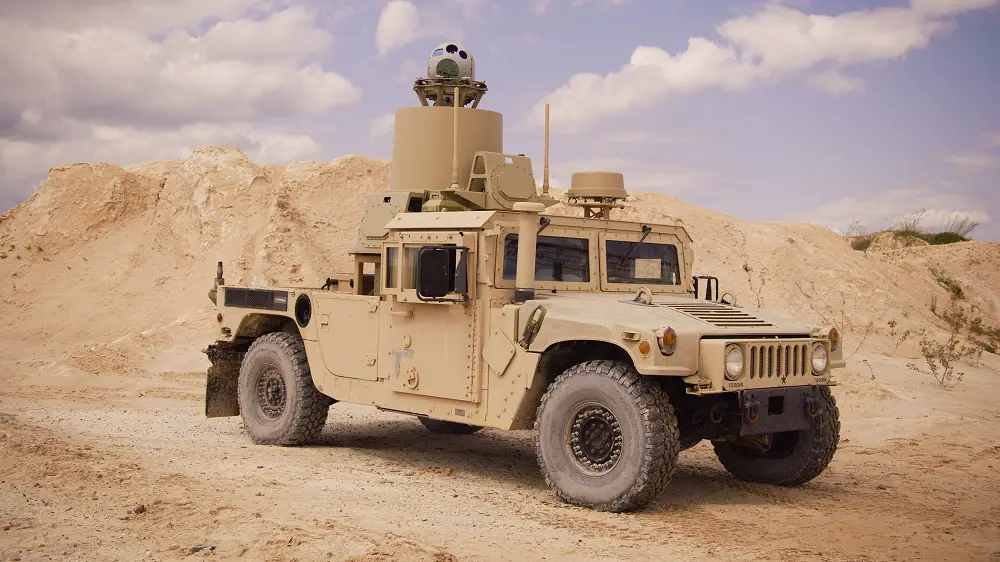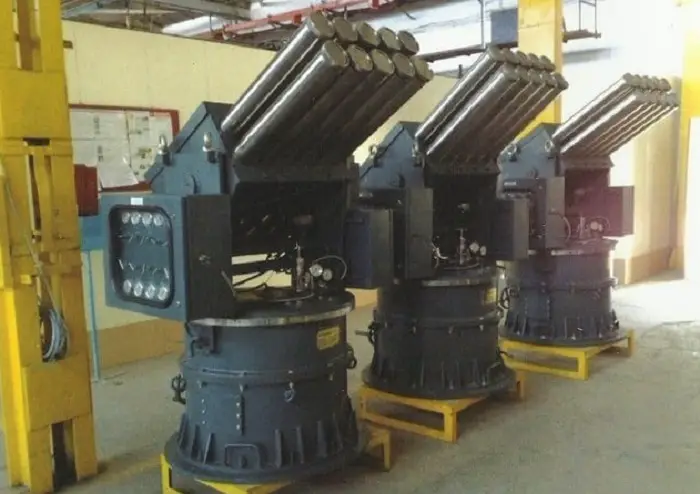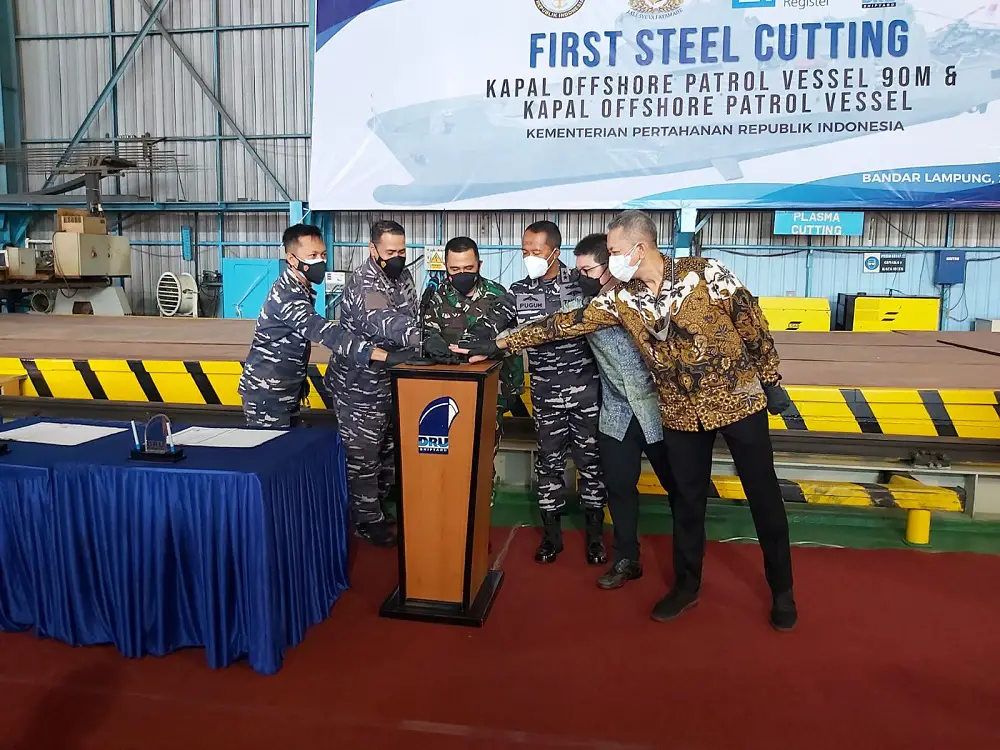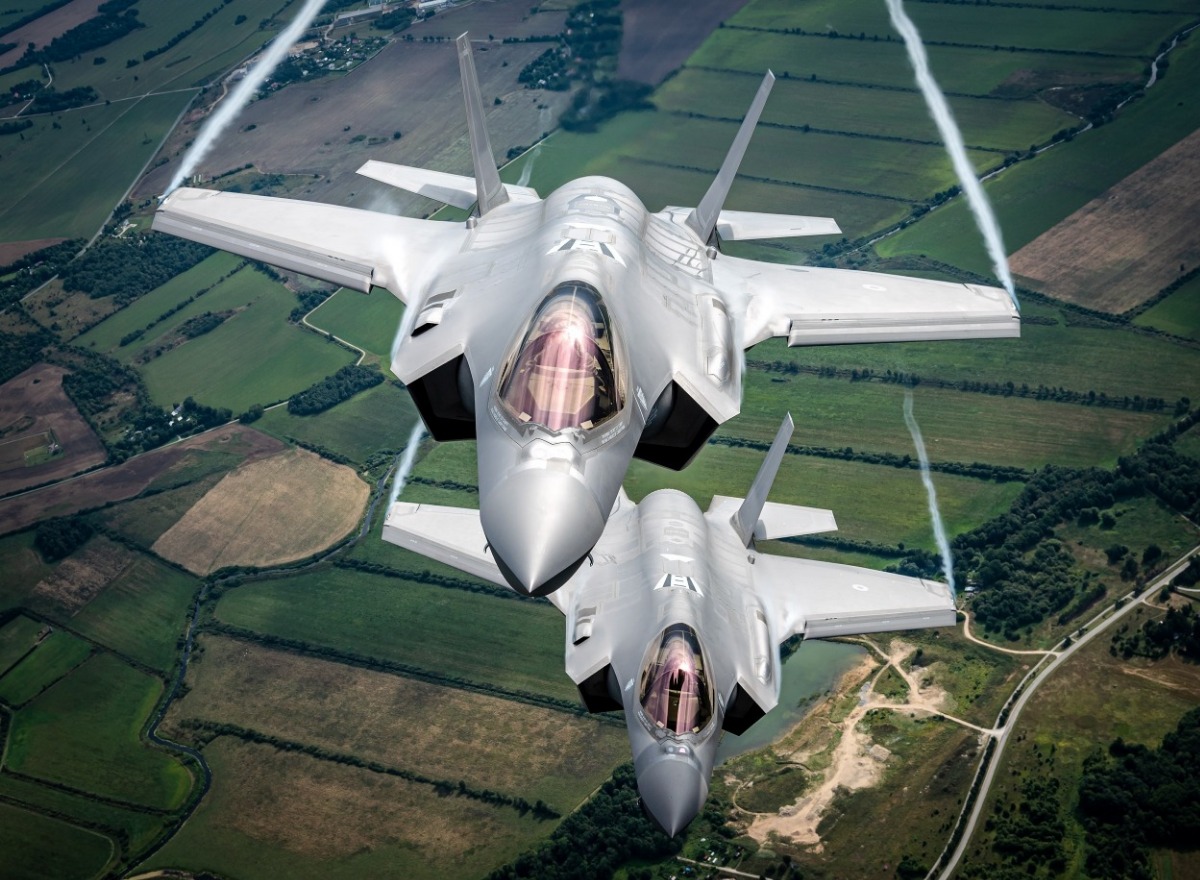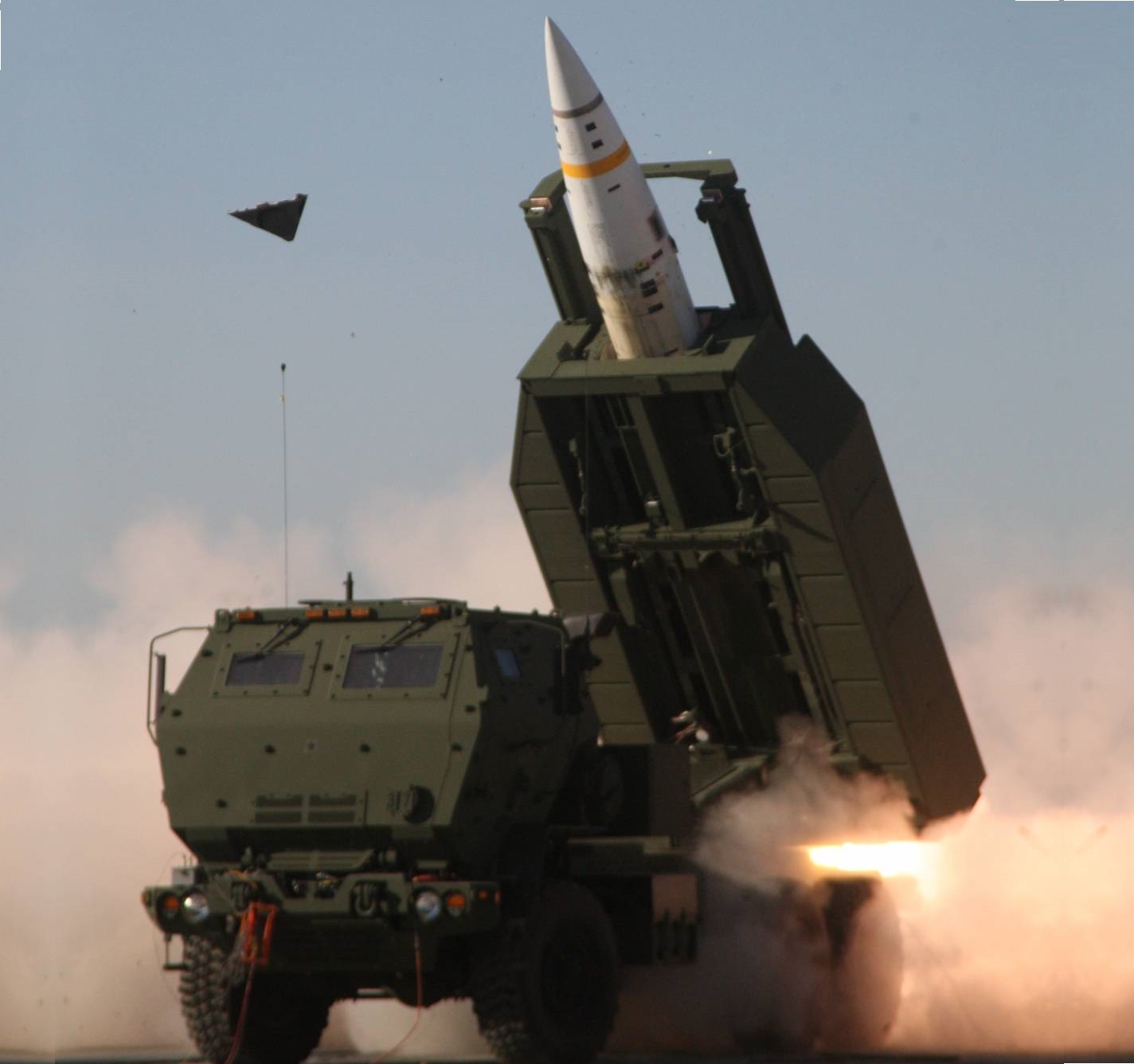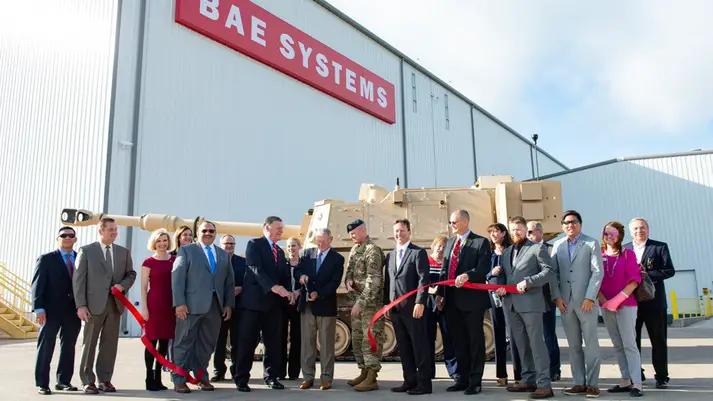On 29 May, we will celebrate the 70th anniversary of UN peacekeeping!
The United Nations Peacekeeping began in 1948. Its first mission was in the Middle East to observe and maintain the ceasefire during the 1948 Arab–Israeli War. Since then, United Nations peacekeepers have taken part in a total of 63 missions around the globe, 17 of which continue today. The peacekeeping force as a whole received the Nobel Peace Prize in 1988.
Though the term “peacekeeping” is not found in the United Nations Charter, the authorization is generally considered to lie in (or between) Chapter 6 and Chapter 7. Chapter 6 describes the Security Council’s power to investigate and mediate disputes, while Chapter 7 discusses the power to authorize economic, diplomatic, and military sanctions, as well as the use of military force, to resolve disputes. The founders of the UN envisioned that the organization would act to prevent conflicts between nations and make future wars impossible; however, the outbreak of the Cold War made peacekeeping agreements extremely difficult due to the division of the world into hostile camps. Following the end of the Cold War, there were renewed calls for the UN to become the agency for achieving world peace, and the agency’s peacekeeping dramatically increased, authorizing more missions between 1991 and 1994 than in the previous 45 years combined.
The League of Nations-controlled International Force in the Saar (1934–35) may be “the first true example of an international peace observation force”.
Before any official peacekeeping mission, the UN played an important role in the conflict concerning Trieste after World War II. From 1947 to 1954, Trieste was declared an independent city state under the protection of the United Nations as the Free Territory of Trieste. The territory was divided into two zones, which later formed the basis for the division of the territory between Italy and Yugoslavia. The UN also authorized two nations to station troops in the Free Territory, the US (Trieste United States Troops) and the UK (British Element Trieste Force) in the northern zone and Yugoslavia in the southern zone.
The first UN peacekeeping mission was a team of observers deployed to the Middle East in 1948, during the 1948 Arab–Israeli War. The mission was officially authorized on May 29, 1948. This date is used as a memorial day to all the UN peacekeepers who have lost their lives known as the International Day of United Nations Peacekeepers. The group, the UN Truce Supervision Organization (UNTSO), as it was named, continues to monitor the situation and has provided observers for a number of conflicts in the region since then. In 1949, observers were deployed to the border of India and Pakistan in a similar mission after the Indo-Pakistani War of 1947 (UNMOGIP). They also continue to monitor the border. In 1950, the UN faced one of its greatest early challenges when North Korea invaded South Korea, starting the Korean War. The Soviet Union was, at the time, boycotting the UN in protest over the Chinese seat being occupied by the Republic of China rather than the People’s Republic of China. It was therefore unable to veto the authorization of member states to assist in the defense of South Korea. The United Nations forces pushed the North Koreans out of the South and made it to the Chinese border before the Chinese People’s Volunteer Army intervened and pushed the UN back to the 38th parallel. Although a cease-fire was declared in 1953, UN forces remained along the demilitarized zone until 1967, when American and South Korean forces took over.
In 1956, the UN responded to the Suez Crisis with the United Nations Emergency Force to supervise the withdrawal of invading forces. United Nations Emergency Force as a peacekeeping force was initially suggested as a concept by Canadian diplomat and future Canadian Prime Minister Lester Pearson as a means of resolving conflicts between states. He suggested deploying unarmed or lightly armed military personnel from a number of countries, under UN command, to areas where warring parties were in need of a neutral party to observe the peace process. Pearson was awarded the Nobel Peace Prize in 1957 for his work in establishing UN peacekeeping operations. UNEF was the first official armed peacekeeping operation modeled on Pearson’s ideas. Since 1956, most UN peacekeeping forces, including those called “observer” missions, have been armed.
